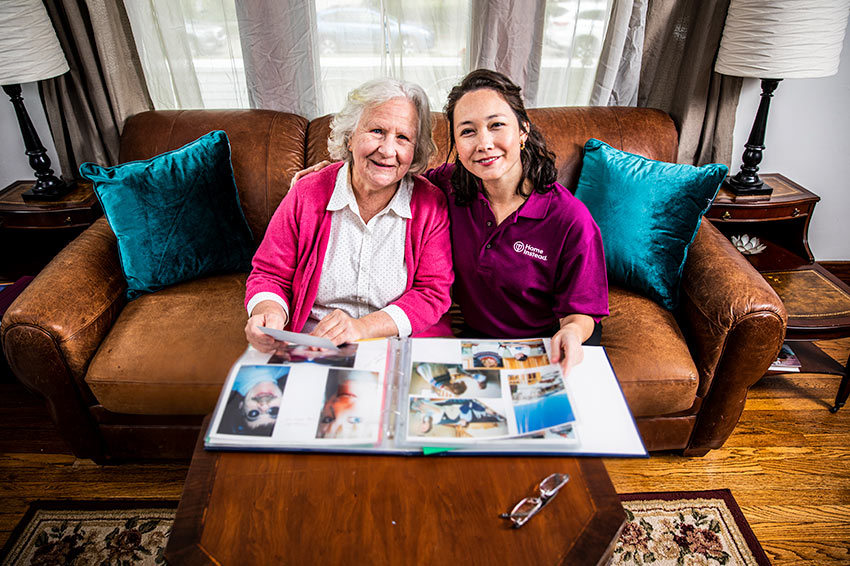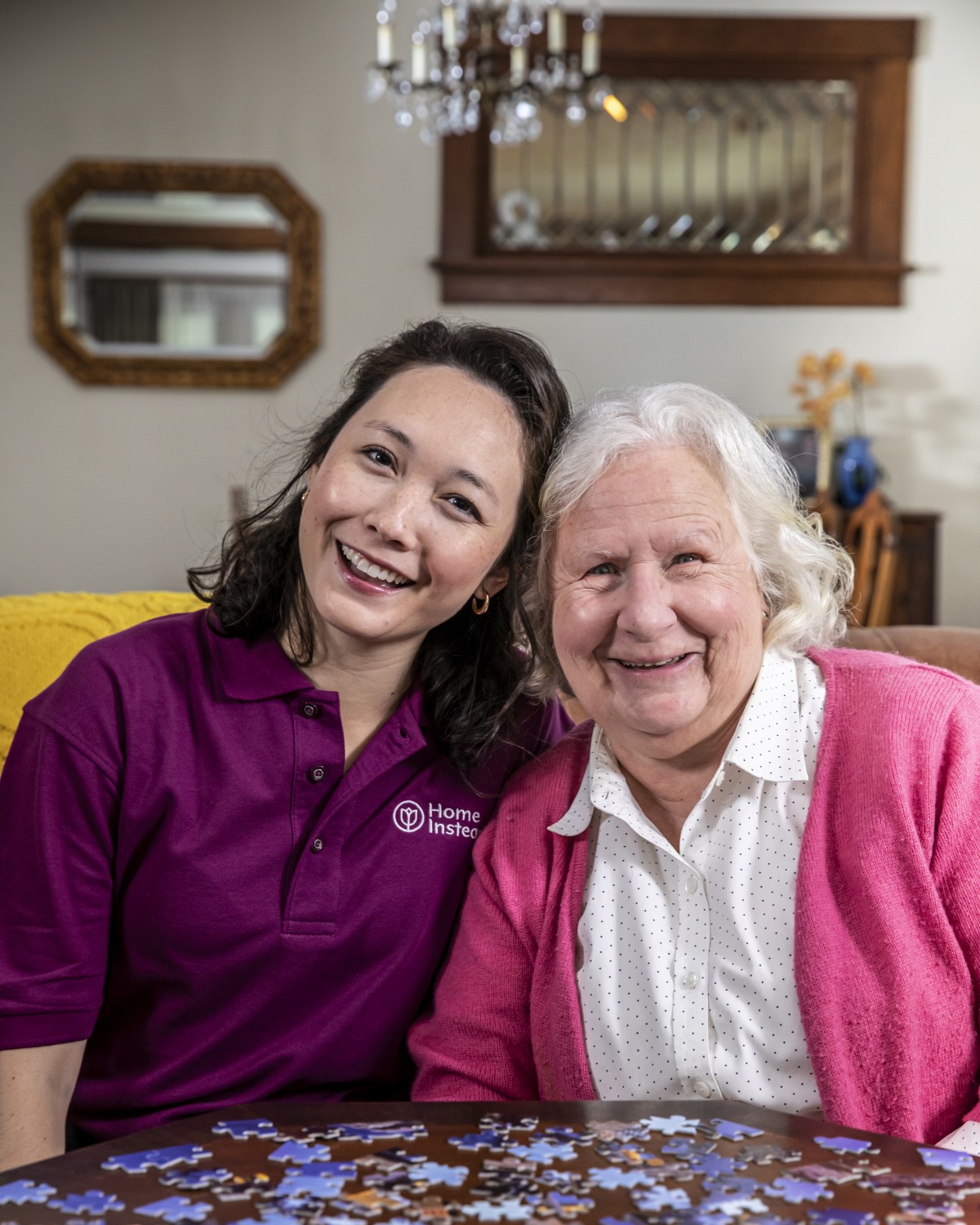Contact Us
(604) 925-1570
Personalized in-home senior care services
What is Home Care?
Senior care services from Home Instead® help to enhance the aging experience by providing practical support at home with a human touch. Our professional caregivers immerse themselves into wherever home is to assist with common activities of daily living and build a lasting relationship with you and your family.
Home care made just for you
Home Care Services
Our home care services can help aging adults stay engaged in everyday life with tailor-made support by professional caregivers to stay safe and well at home. It’s our mission to provide a care plan personalized to your family’s needs to bring comfort, connection, and quality of life in the place that they love the most, their home.
Personal Care
Alzheimer’s Care
Hospice Care
Meal Prep
We’re Hiring! Discover Fulfilling Opportunities Today
✓ Help seniors age with dignity and respect
✓ Receive ongoing training and competitive benefits
✓ Customize your work schedule to meet your needs
To get started, click Apply on a job below.

Professional Caregiver Careers
Featured Care Jobs
Professional Caregiver
Are you ready to make a meaningful difference in people's lives while building a fulfilling career? Join our dynamic team at…



